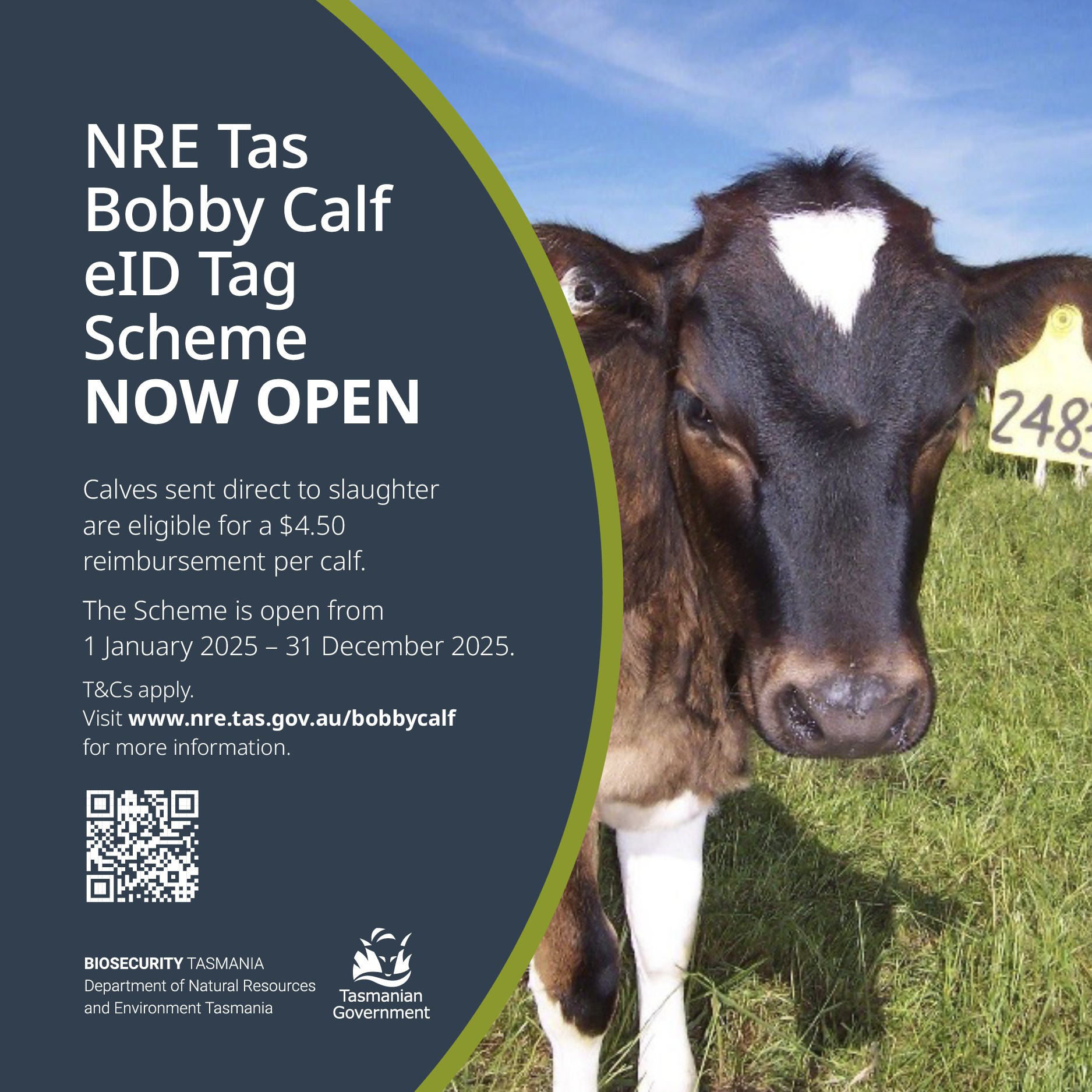Failures in salmon mass mortality event response outlined in report

Tasmania’s aquaculture industry had no plan in place when a salmon mass mortality event took place earlier this year and delayed providing information to regulators while chunks of fish were washing up on Southern beaches, a new report has confirmed.
Between January and April, an estimated 10 tonnes of salmon from Huon Aquaculture and Tassal pens in southeast Tasmania died.
A debrief report from the Environmental Protection Authority (EPA) said the root cause of the deaths was multifactorial and “likely triggered by a summer warming event, and compounded by the naturally occurring bacterium Piscirickettsia salmonis (P. salmonis) and other pathogens”.
“The impacts of elevated fish deaths and an insufficient response to the event has, however, led to a number of other emerging issues, the most notable being the loss of containment of ‘mort balls’ or fatty substances from the farms to public waters and nearby beaches, and scrutiny of the treatment of moribund fish and disposal of dead fish,” the report said.
The salmon industry developed a vaccine against P. salmonis in the aftermath of the mass mortality event, and an emergency permit to use Florfenicol, an antibiotic not commonly used in Australia, has been lodged.
The EPA’s report said that in February, the peak of the four-month mortality period, only five per cent of dead fish were sent to landfill.
“Government agencies reported that accurate and timely information regarding the
build-up, scale and longevity of the mortality event were not provided.
“This generated a gap in coordinated public messaging, undermining community trust. “While some companies were proactive in public disclosure, there was a need for more relevant and timely information—particularly around response to food safety and public health concerns.”
The report listed 10 key actions - including developing a marine heatwave response plan, developing an industry code of practice and examining best-practice regulatory reporting requirements.
Independent Franklin MP Peter George, who is staunchly against salmon farming, said the report revealed “a litany of industry and regulatory failure” during the mass mortality event.
“Despite all the warning signs of disease, infestations, and increasing mortalities - neither industry nor the government had any plans in place to deal with the crisis,” Mr George said.
“The report reveals total confusion, failure of communications, industry not giving regulators timely warnings and delays in critical decision making.
“It’s now clear that with more than a million dead salmon, and rotting flesh and fat washing up on beaches, the entire system of disposal was overwhelmed.”
Mr George said the government needed to act immediately and decisively.
“I call on the government to immediately increase regulatory control, including increased staff, resources and vessels to ensure a truly independent monitoring of an out-of-control industry.
“The extra costs to government should be covered by industry imposts and increased licence costs.
“The multinational salmon industry’s only plan to deal with another potential mortality outbreak is more antibiotics in our warming waters including a new antibiotic untested in Tasmanian waters.
“Despite these failures, after nine months no investigation has been completed, no penalties imposed on the industry and the regulatory authorities refuse to divulge when or if prosecutions may be launched.”
Tasmanian Greens Leader Rosalie Woodruff said the report was not worth the paper it was written on.
“While the report is titled ‘Reflections and Learnings’, it doesn’t appear to contain either,” Dr Woodruff said.
“We were promised a proper review of the government’s response to the mass mortality event and what needs to be done to make sure it never happens again.
“What we got was a report containing nothing more than a vague list of suggestions and no meaningful actions.
“Worse, it shows that Tasmania’s Department of Natural Resources and Environment and the EPA appear perfectly happy allowing business as usual for the multinational salmon industry.”
Dr Woodruff said the report let the salmon industry off the hook.
“In fact, it gifts them the job of writing their own Code of Practice for mortality events - if they feel like it.
“It takes Chile’s antibiotic-ridden industry as a ‘how-to’ manual for Tasmania rather than a warning.
“The bottom line is – the salmon industry has not been required to change any of its practices to prevent a repeat of last summer.
“For communities who had rank fish and fat wash up on their beaches, or who watched with disgust at live fish being dumped and sealed into bins, this report shows an appalling failure of government regulatory oversight and waste of resources.”




Add new comment